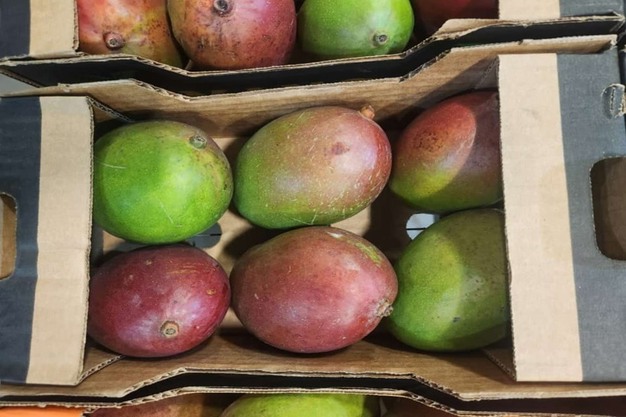The Agricultural Produce Agent Council, APAC, has investigated a complaint against the agent representing a consignment of mangoes initially suspended on grounds of immaturity, and has found no breaches of conduct. The mangoes arrived several weeks ahead of the rest of South Africa's mango farms, most of which only start the harvest by the end of this month.
Etienne Booyens, chief executive officer of Prokon the national fresh produce inspection body, says that their inspectors at the Joburg Market tested the mangoes according to the relevant protocol which showed the product to be immature.
"Therefore our team blocked the fruit temporarily from sales with the idea of re-testing it a few days later to see if it has matured and the agent did not proceed with sales."
He points to a distinction between rejected fruit, which need to be removed from premises and destroyed, and fruit that is temporarily barred from sales, as in this case. Agents who do not comply with Prokon decisions are reported to APAC and to the Department of Agriculture, and the consequences can be serious indeed.
Upon being tested for a second time, the mangoes were found to have sufficiently ripened to meet sales requirements, as was expected, and the agent was given the go-ahead to proceed.
"To the matter of whether the agent ignored any instructions issued by Prokon or committed any breach of ethics, our answer is no. Was there any malice, or infractions of the regulations? The answer is no," states Francois Knowles, APAC registrar.
 APAC has ruled no wrongdoing took place in the case of these mangoes initially found immature and upon re-testing, met Prokon's ripeness criteria
APAC has ruled no wrongdoing took place in the case of these mangoes initially found immature and upon re-testing, met Prokon's ripeness criteria
Booyens remarks: "The Prokon manager at the Joburg Market has 21 years of experience in fresh produce and our inspectors receive regular training on an inhouse basis as well as training by the well-known Kwaliteits-Controle-Bureau (KCB), which also does the inspections at Rotterdam and the UK."
Knowles emphasizes that the entire process is governed by clear regulations. "We always look at the science behind it: did the inspectors execute their duties as tested against the regulations published by the Department of Agriculture? That is the measure against which we test allegations and after thorough deliberation I can say with complete confidence that Prokon executed its task to the best of its abilities and that the agent did not commit any errors during this transaction."
The ruling does not satisfy the mango farmers who see in such early mangoes a cynical attempt to capitalize on an empty mango market which causes a deleterious effect on later sales.
Jaco Fivaz, a farmer who wanted to lodge a formal complaint against the agent who sold the mangoes, says: "I am astounded that the same fruit can first be rejected for being completely immature and then five days later be approved. I am very disappointed in the systems and agents supposed to be protecting and serving the mango industry. It is a sombre day for the mango industry."

For more information:
Francois Knowles
Agricultural Produce Agents Council
https://apacweb.org.za/
